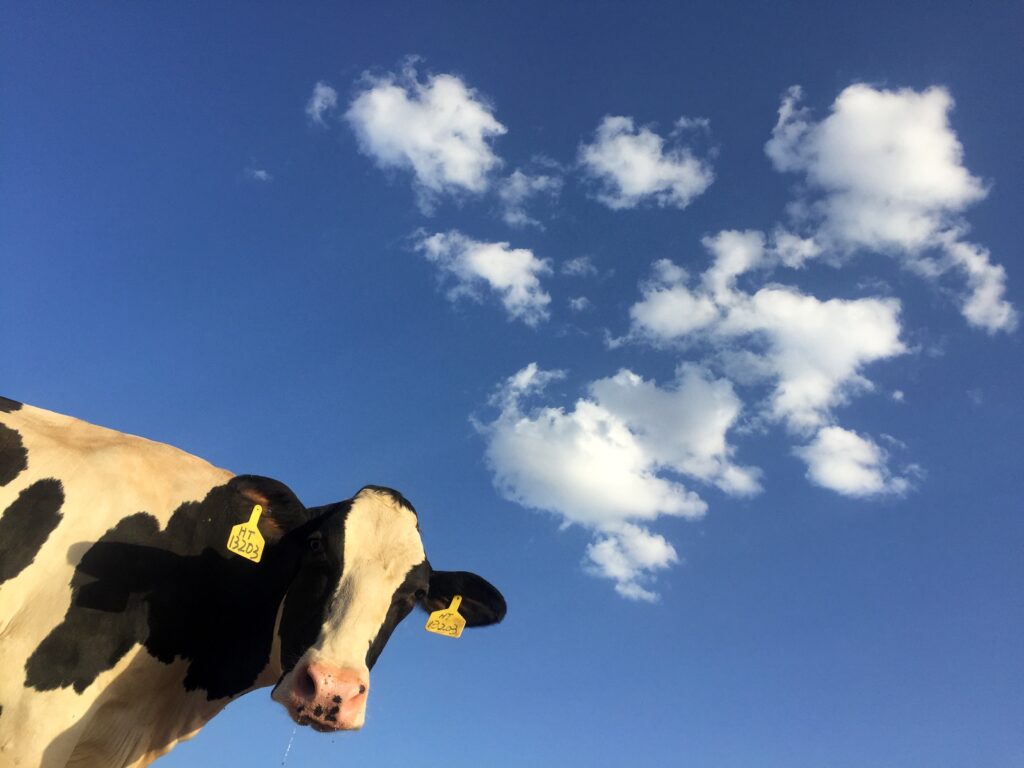Dr. Robert Califf, Commissioner of the U.S. Food and Drug Administration (FDA), told a Senate Appropriations subcommittee hearing on Wednesday that he’s “committed to reviewing” the agency’s treatment of animal feed, Agri-Pulse reported. This is something the biotech industry has advocated for in recent years.
Currently, the FDA treats new animal feed ingredients as “new animal drugs,” as Good Day BIO has reported. This can cause approval of these new feed ingredients to be delayed by as many as 3-5 years.
“According to a study by Informa Economics, companies lose $1.75 million per year in revenue while they wait for approval,” says the Food and Agriculture Climate Alliance (FACA).
“We do need to modernize our regulatory process as it relates to those kinds of feed additives,” Agriculture Secretary Tom Vilsack said in January. Other nations are already using new feed additives and getting “a market advantage by suggesting their products are more sustainably produced.”
Why do we need new animal feed ingredients?
Natural enteric fermentation in a cow’s stomach causes them to belch methane. However, feed additives can help reduce these methane emissions by up to one-third.
“Changes in feed composition can directly or indirectly reduce methane emissions resulting from enteric fermentation in ruminant livestock. Improved genetics that support digestive efficiency and productivity can also contribute to reduced GHG emissions and climate resilience,” says FACA.
However: “Innovative technologies with the potential to reduce enteric emissions often face regulatory roadblocks preventing or delaying market approval. Incentives are necessary to offset the risk a farmer faces by changing feed rations, testing new feed additives or making changes to their breeding/herd genetics,” continues FACA.
Meanwhile, methane emissions have been rising at alarming rates, says the energy and environment analytics company Kayrros—and they’re on track to worsen in 2022.
Biotech has been developing solutions for the methane crisis
Biotechnology has been developing solutions for rising methane emissions.
These include feed additives that reduce methane in cattle belches or enzymes (like those developed by Novozymes) that enhance the digestibility of energy, protein, and phosphorus in livestock.
BIO has promoted uptake of them, in comments to the USDA on tackling climate change and in Food and Agriculture Climate Alliance policy recommendations.




